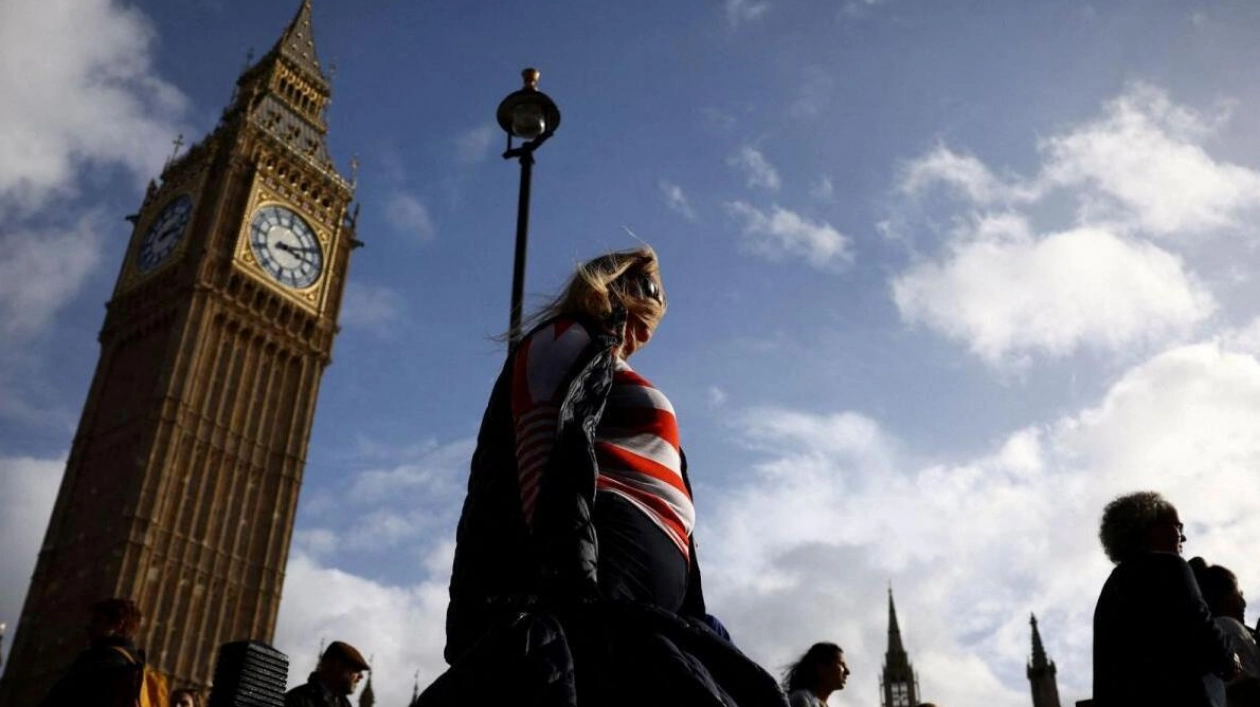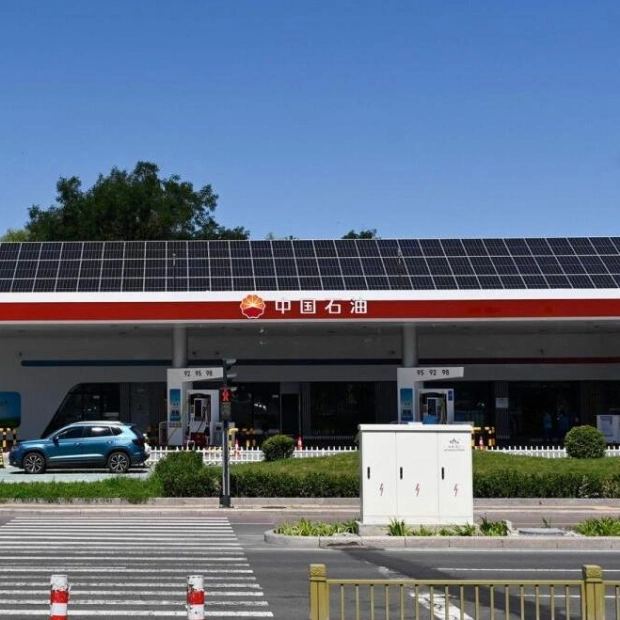Britain's economy expanded at a faster pace than anticipated in May, offering momentum to Prime Minister Keir Starmer's new government but casting doubts on the likelihood of a Bank of England interest rate reduction next month.
According to the Office for National Statistics, economic output rose by 0.4% in May, following a 0.2% increase in April. This exceeded the 0.2% monthly growth predicted by a Reuters survey of economists. The robust recovery has heightened skepticism about the Bank of England's plan to start reducing interest rates on August 1, especially after three policymakers highlighted strong domestic price pressures this week.
The probability of a rate cut within three weeks dipped below 50% in early trading on the futures markets on Thursday, down from just above 50% on Wednesday. Economic output in May saw a comprehensive increase, with growth across services, manufacturing, and construction sectors, particularly in house-building which surged by 1.9%.
These figures provide an early positive signal for the new Labour administration, which aims to achieve the fastest sustained growth among G7 economies. Ashley Webb, an economist at Capital Economics, noted that the improving economic outlook suggests the government could benefit from a stronger economic recovery than most forecasters expect.
Over the three months to May, the economy grew by 0.9%, marking the strongest performance since January 2022, surpassing the consensus forecast of a 0.7% expansion. The Bank of England had previously forecast a 0.5% growth for the second quarter, a figure that now appears conservative.
Suren Thiru, economics director at ICAEW, commented that these GDP figures might reduce the likelihood of an August rate cut, as they provide rate setters concerned about underlying price pressures with enough confidence in the UK's economic recovery to delay policy loosening.






